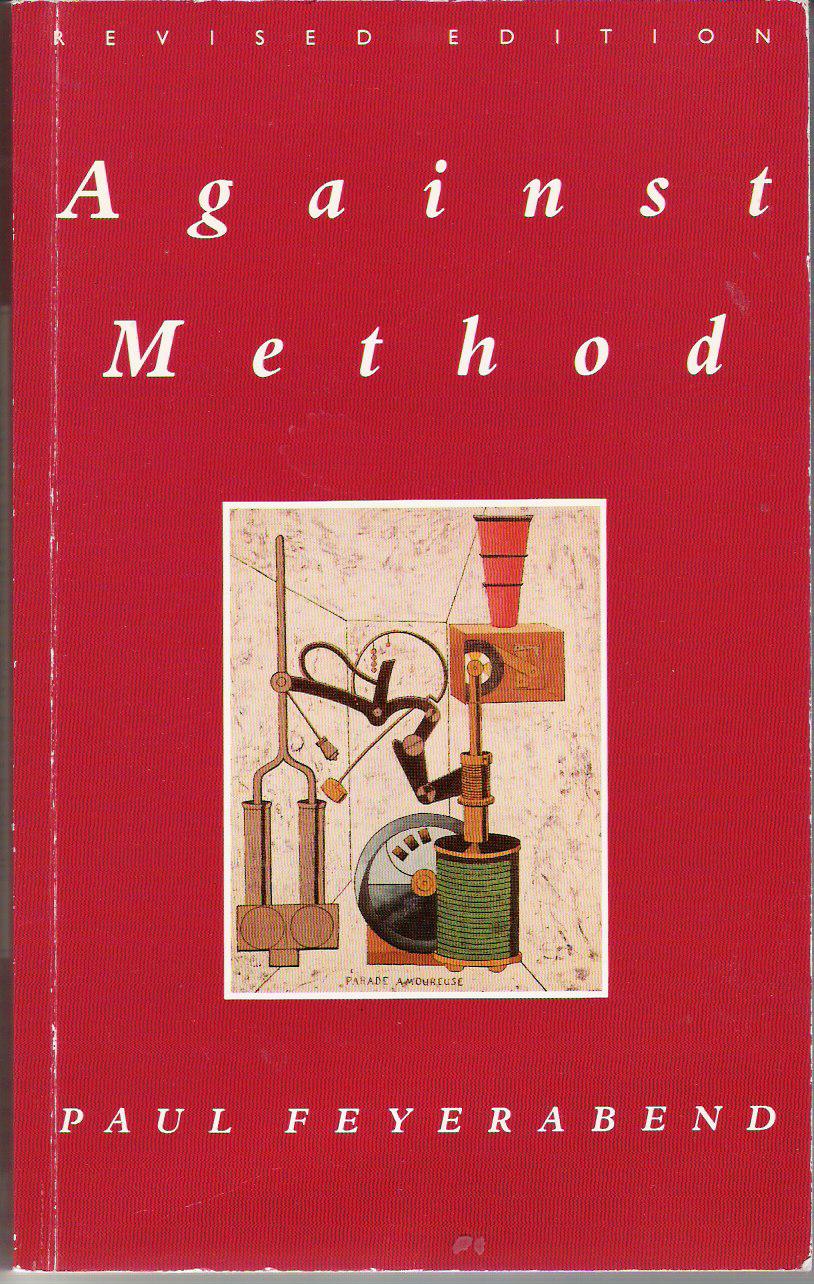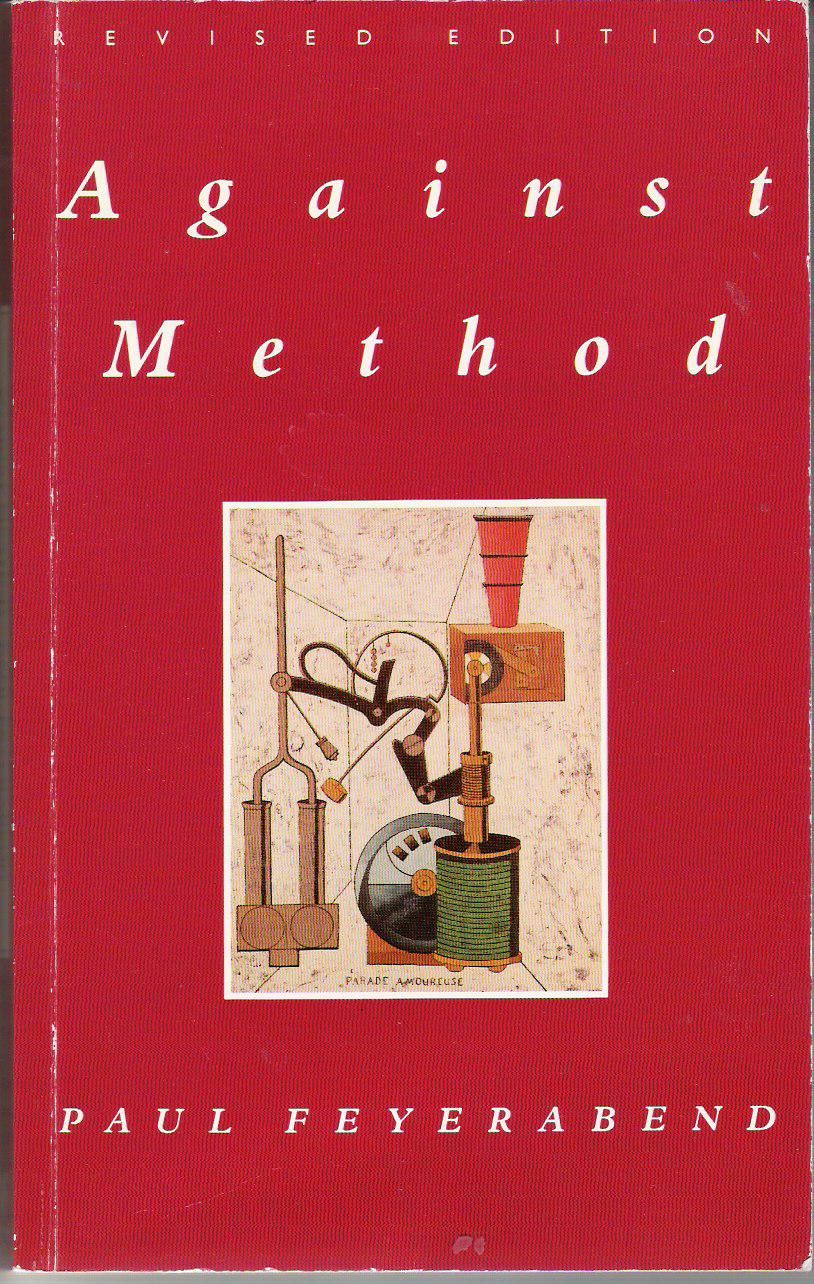By Graham Draper, fourth year, biomedical science.
An influential philosopher of science and University of Bristol academic. Graham Draper celebrates the life and achievements of Paul Feyerabend.
Very few people have a comet named after them. Even fewer people are shot three times, once in the spine, and yet become world-renowned academics whose work remains influential decades after their death. But Paul Feyerabend, formerly a lecturer at the University of Bristol, was such an individual. Indubitably one of those people to whom the term ‘maverick’ very aptly applies – both to his work and to his life generally – his story is the embodiment of the Bristol bohemian.
"…I still don’t know how I escaped…running across a field to escape gunfire..."
He was born in Vienna in 1924 and, after completing his secondary education, was required to serve in the German army during World War II. His memories of serving as an officer on the Eastern Front, recounted in his biography, make for sombre reading: “…I still don’t know how I escaped…running across a field to escape gunfire, with people dropping like flies around me.” It was there that he was shot three times whilst directing traffic; one of the bullets penetrated his spine and resulted in him being invalided out of the army for the remainder of the war. Unfortunately, this wound had a permanently crippling effect upon him; for the rest of his life he often suffered extreme pain and could walk only with the aid of a stick.
...there is no single set of rules which all the sciences follow; there is no common, unifying methodology.
After the outbreak of peace, he took a job as a playwright but soon returned to Vienna to study history and sociology. He transferred his course of study to physics, and then again to philosophy. His passion for addressing philosophical problems using contemporary science led him to doctoral study at LSE under the eminent philosopher of science Karl Popper. In 1955 he occupied a teaching position at the University of Bristol, where he lectured on the philosophy of science, before gaining an academic post at Berkeley, University of California, in 1958.
His work on the philosophy of science undoubtedly marks him out as one of the most influential philosophers of his day. His seminal works, Against Method: Outline of an Anarchist Theory of Knowledge and Science in a Free Society, propose that there is no single set of rules which all the sciences follow; there is no common, unifying methodology. He further claimed that society’s scientific knowledge progresses precisely because scientists sometimes embrace a healthy dose of methodological ‘anarchism’. An example of this would be the Copernican Revolution which, Feyerabend claims, broke all the widely accepted rules of good scientific theory at the time. An even more controversial idea is found in a series of lectures he delivered, which have been published posthumously under the inoffensive title ‘The Tyranny of Science’. The main thesis of these lectures is that science is not a unified worldview, but rather both incomplete and disunified. It follows that scientific materialism, which considers only the sciences to be capable of revealing what exists, is without any basis.

Photo by Gordon Joly / flickr
His less-than-total reverence for the sciences was scarcely hidden in his academic life, even at the most inappropriate moments. During the interview for his academic position at Bristol, which was conducted by a committee including eminent physicists, he completed his presentation by saying, “You are scientists. That doesn’t mean you know everything. As a matter of fact, you often make mistakes, especially in areas such as philosophy which you regard with contempt and yet constantly use, though in an uninformed manner.” He was offered the job soon afterwards and began teaching in Bristol that same year.
Yet it is not only his freethinking attitude, unusual life story, and intellectual calibre that make him especially relevant to our time. Mind, a mental health charity operating in England and Wales, cites McManus and colleagues to the effect that 25% of people in the UK experience a mental health problem every year. The University of Bristol is keenly aware of the devastating effects which mental health issues can have upon students; a huge effort has been made over the last year to provide support for people struggling with such problems. Just one Paul Feyerabend’s incredible achievements is that some of his most important work, notably Against Method, was produced while battling serious depression. He writes in his autobiography: “Perhaps it will leave me alone today. Carefully, very carefully, I get out of bed. All is quiet... Now a quick excursion to the bathroom, and out for my morning walk – and here she is, my faithful depression: "Did you think you could leave without me?"” It is important for us to remember that depression has afflicted some of the greatest intellects of our era and that if it is recognised and help is sought, we can still achieve extraordinary things.
Whether we agree with his philosophy, lifestyle, and the importance of his contribution to academia or not, I think that we can learn a lot from Paul Feyerabend, the maverick Bristol academic.
Featured Image: flickr / Gordon Joly








